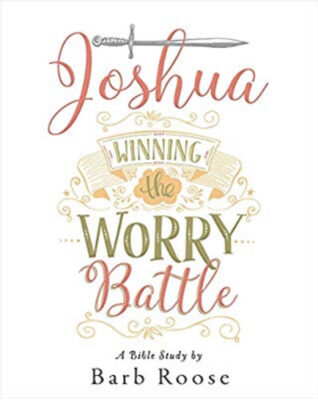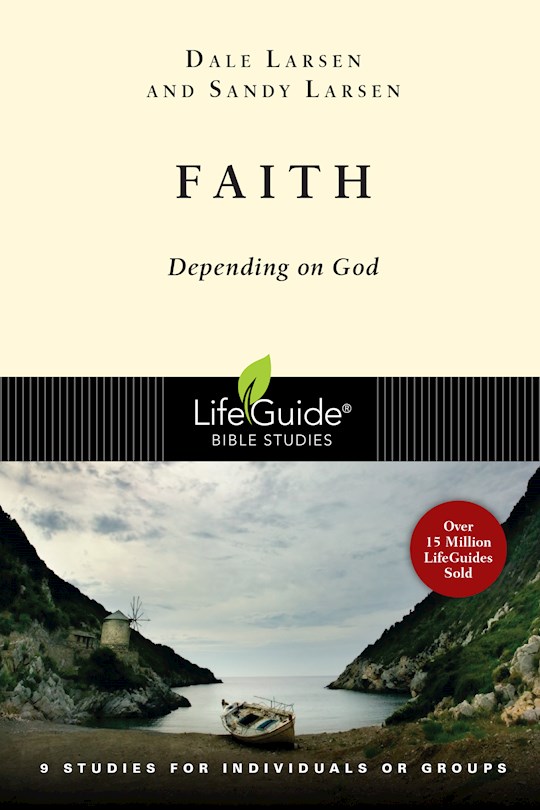

When studying the Bible, readers often struggle with understanding how the pieces come together as a whole. The constant of his unchanging love serves as a backdrop as God brings redemption through Jesus, restoring creation and humanity to the glory of its original design. The overarching message is that God brings the world and humankind into existence as an act of creativity and love, followed by humanity falling into a state of brokenness as they reject God's plan. The story written within the pages of the Bible is, first and foundationally, the story of God.

Read to Gain an Overarching Understanding of God's Story Just as his disciples grew in their understanding of the gospel, the coming kingdom of God, and the love and mission of Jesus by walking alongside him on a daily basis, so can the woman seeker gain understanding and grow in faith through proximity to the Gospels. It can also be valuable to read the gospels consecutively, looking specifically for who Jesus is, to understand his character and intent as he walked the earth. Pastors and theologians often recommend that a new Christian start in the book of John, as he focuses both on the love of God for humankind and gives a sense of God's plan for salvation that existed from the beginning of time.įor the woman looking to understand God's view of women, the book of Luke can be an excellent start, as he includes numerous accounts that show the love and compassion of Jesus toward the women of his day. For the woman who is just becoming acquainted with the Christian faith and for the woman who needs to be reminded of the character of the Savior in whom she places her faith, the gospels reveal the integrity, nature, and mission of Jesus, as well as God's plan for ushering in the kingdom of God through his own son the gospels are the books in which to dwell. I want to offer four approaches that you might consider when deciding which books of the Bible you should study next: Read the Jesus Story: Matthew, Mark, Luke, and JohnĬommonly known as the gospels, Matthew, Mark, Luke, and John provide an excellent beginning in the journey to understand the God within the pages of the Bible. For some women, this may take the shape of joining a guided study of a specific book of the Bible or biblical concept, and for others, it may mean using a reading plan to go through the Bible in a year. When approached with the question, "Which books of the Bible do you think are best for women to study?" I have one simple reply, "All of them!"Īuthor and biblical teacher Jen Wilkin expresses the need to study Scripture well in this way, "The Bible is a book that boldly and clearly reveals who God is on every page." To know the God of the Bible, women must seek Him within the pages of the Bible.

The New Testament chronicles the birth of Jesus, who is the promised Savior, the gospel (or "Good News") of his coming kingdom, as well as how the arrival of the promised Savior births and informs the early Christian church.įrom the pages of the Old Testament to the last chapter of Revelation, the Bible itself affirms that the words within are to be studied, valued, and treated with reverence as God's spoken word, written by the hand of man, through the indwelling and inspiration of the Holy Spirit.Īs a woman seeking to grow in relationship with God, as well as lead other women in Christian discipleship and the process of gaining biblical wisdom, I strongly affirm the tenets taught by the apostle Paul, "All scripture is God-breathed and is useful for teaching, rebuking, correcting and training in righteousness, so that the man of God may be thoroughly equipped for every good work." ( 2 Timothy 3:16) The sections of the Bible are arranged such that the Old Testament informs and prepares the reader of the need (by example) for a Savior and offers a prophetic guide-map that God will indeed make provision to save his people. "Let the word of Christ dwell richly in you." Colossians 3:16aĪ simple Google search will reveal that the Bible contains sixty-six books that are divided between the Old Testament canon of Scripture and the New Testament canon.


 0 kommentar(er)
0 kommentar(er)
